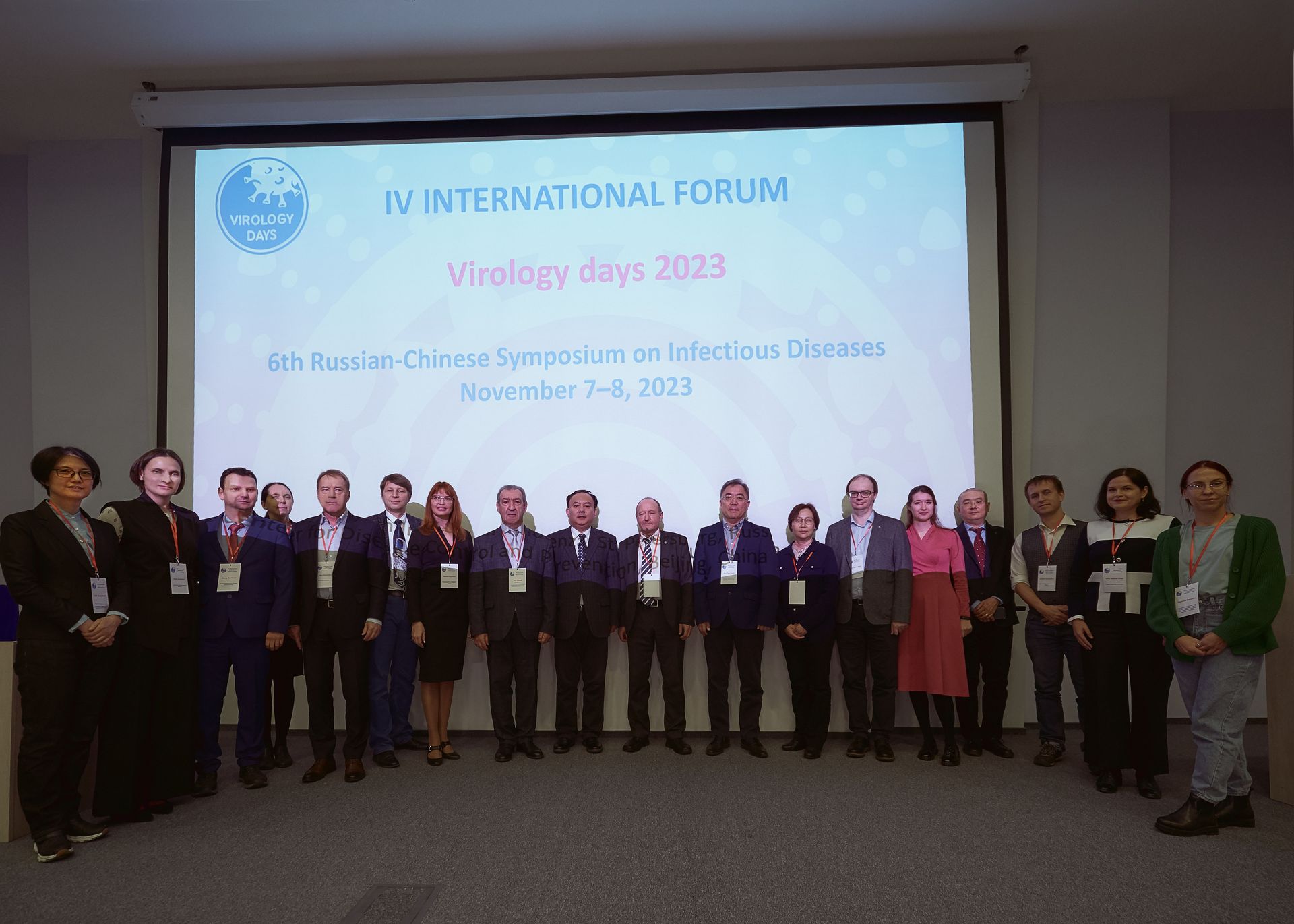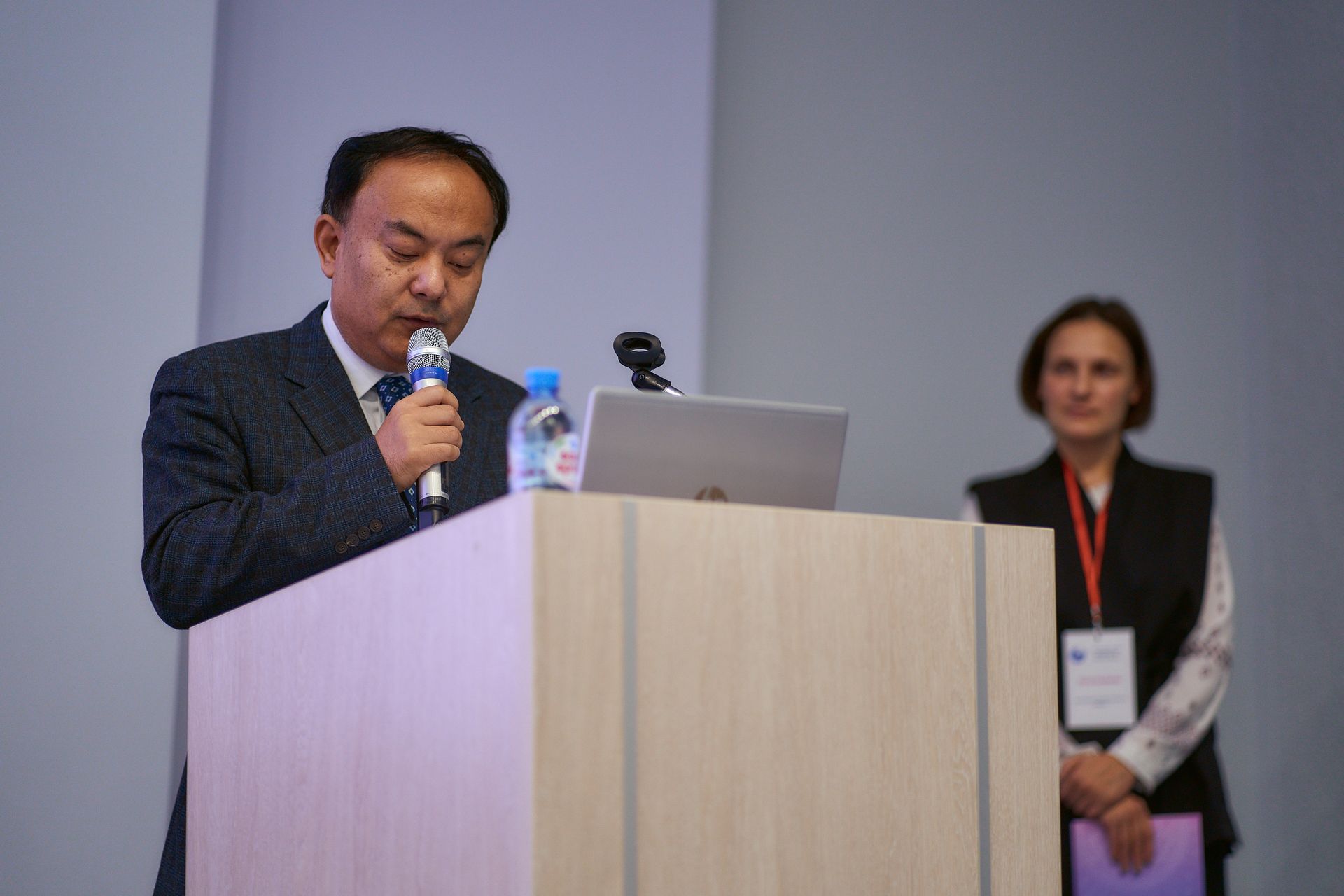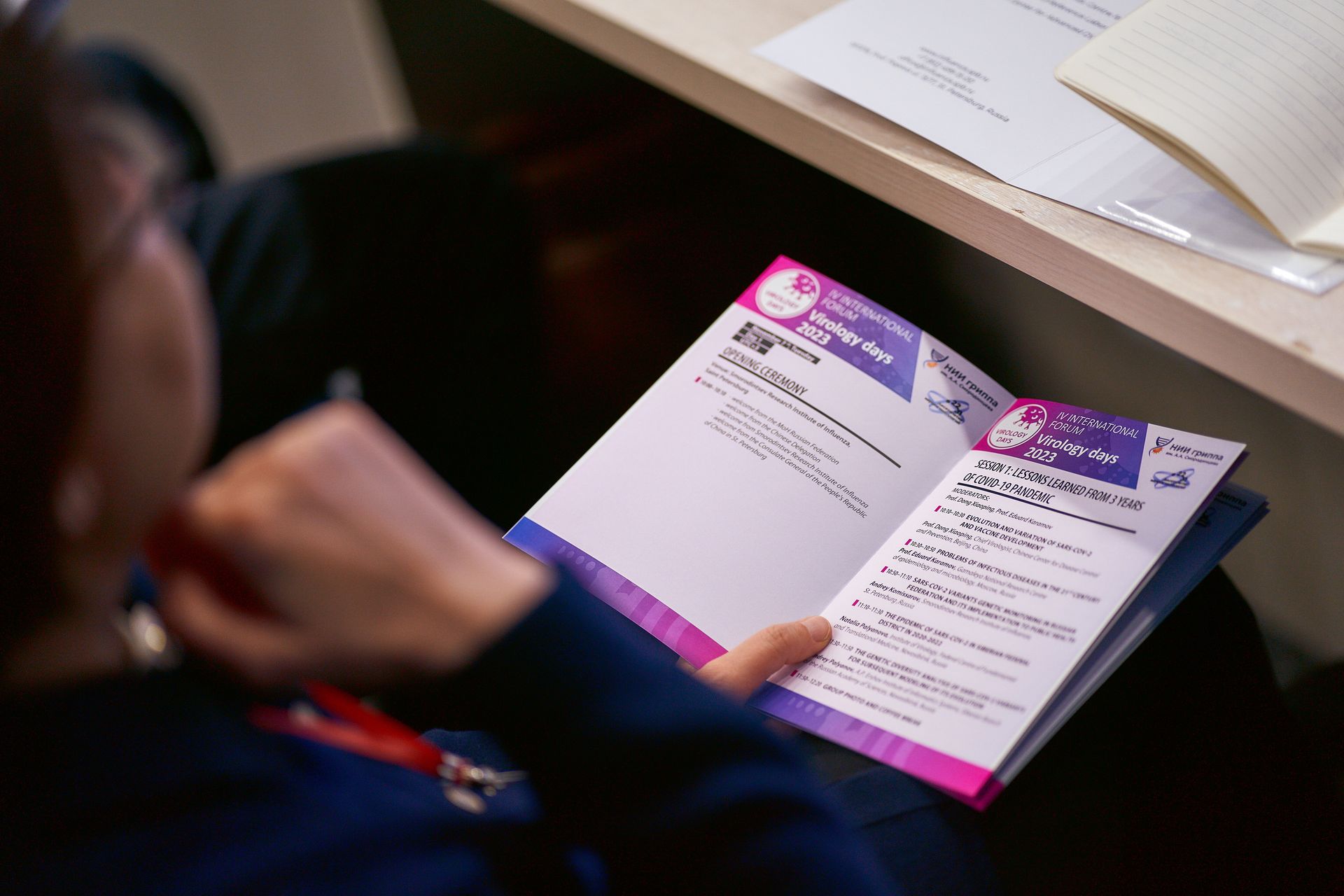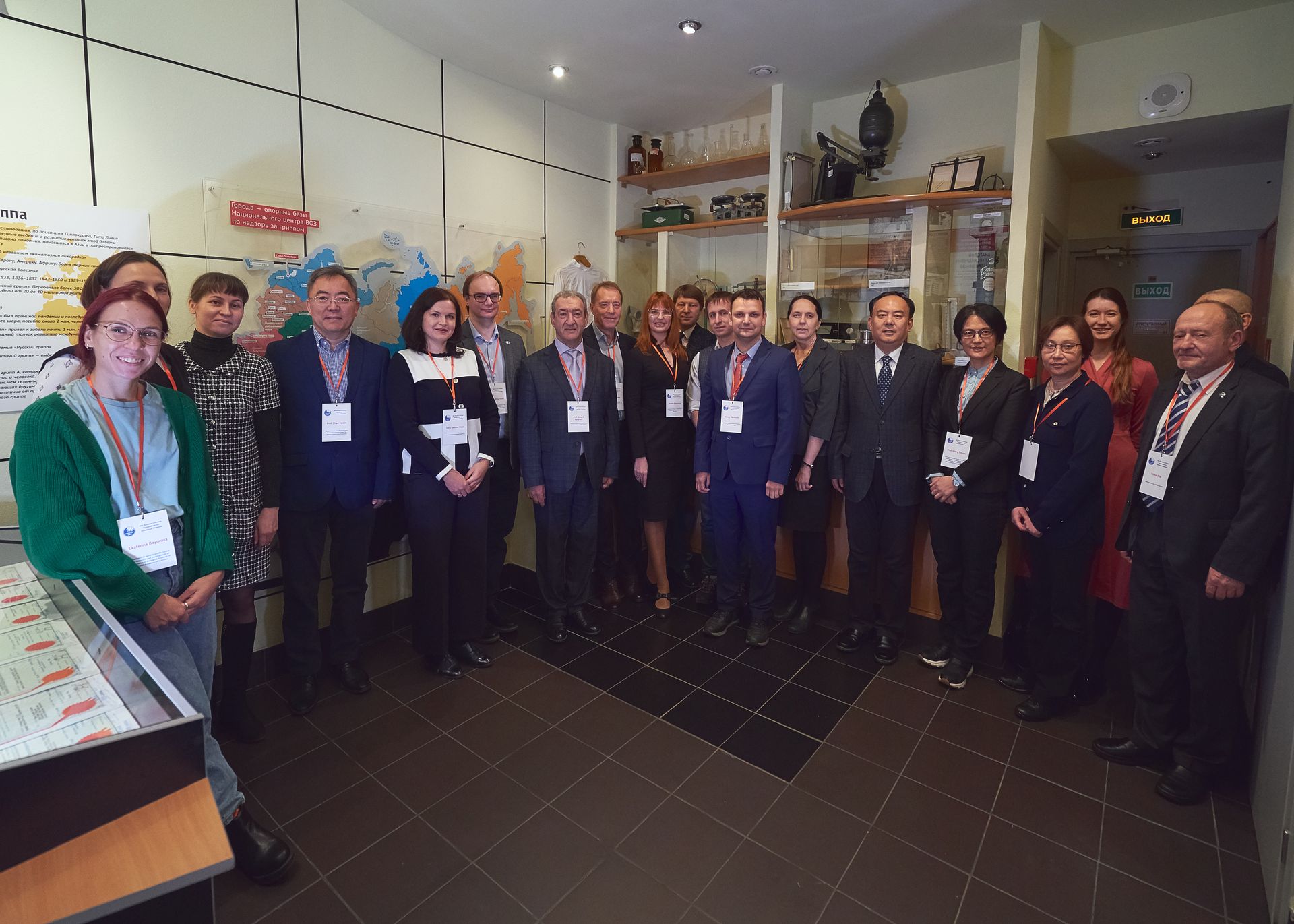The VI Russian-Chinese Symposium on Infectious Diseases was held in St. Petersburg on November 7-8th, 2023. The symposium, organized alternately by the Russian and Chinese sides, has been held annually for 6 years. In 2023, the organizer of the symposium was the FSBI "Smorodintsev Research Institute of Influenza" Ministry of Health of the Russian Federation, the co–organizer of the symposium from the Chinese side was the Chinese Center for Disease Control and Prevention (CCDC). This was the first face-to-face symposium in the last three years: despite the simplicity and convenience of online events, they are not able to replace live communication between researchers.

The opening ceremony of the symposium was attended by: Alexandra Vladimirovna Usacheva — Director of the Department of International Cooperation and Public Relations of the Ministry of Health of the Russian Federation, Professor Zhao Yanlin — Director of the National Center for Tuberculosis Control and Prevention CCDC, Professor Dmitry Anatolyevich Lioznov — Director of Smorodintsev Research Institute of Influenza" of the Ministry of Health of Russian Federation, as well as Cao Xin — Consul for Science and Technology of the Consulate General of the People's Republic of China in St. Petersburg. In their welcome speeches, representatives of Russia and China noted the relevance of close cooperation between scientists of the two countries and wished the participants of the symposium fruitful work.

The program of the first day of the symposium included a discussion of issues related to acute respiratory viral infections — COVID-19 and influenza. The participants of the symposium made presentations on the outcomes of the COVID-19 pandemic in 2020-2022, on the results of molecular and epidemiological surveillance of influenza and COVID-19, as well as on modern opportunities for the prevention, diagnosis and treatment of SARS. A separate section was devoted to the supervision of avian influenza and the problems of developing veterinary vaccines. The discussion raised questions about approaches to improving influenza vaccines, the possibility of controlling zoonotic influenza to reduce the risks of a new pandemic strain, the prospects for genetic surveillance of pathogens and the need to strengthen surveillance of pathogens of humans’ and animals’ infectious diseases.

The second day of the Symposium was devoted to issues related to tuberculosis, hepatitis B and C, as well as HIV infection. The participants of the symposium presented reports on the problems of resistance of tuberculosis strains and approaches to personalized diagnosis and treatment of tuberculosis. High-throughput sequencing methods were considered to evaluate markers of resistance of mycobacteria of various genetic groups. The section devoted to hepatitis and HIV infection discussed the latest results of the development of HIV vaccines, epidemiological features of hepatitis B and C circulation and the effectiveness of their treatment. A separate section was devoted to the peculiarities of the course of COVID-19 in patients with HIV infection.

A total of 28 reports were heard during the symposium. Following an active discussion, the participants and organizers of the symposium expressed hope for the continuation of many years of international cooperation in the fight against infectious diseases. The next 7th Sino-Russian Symposium on Infectious Diseases is scheduled for 2024, the venue is Beijing.
 /
News
/
News